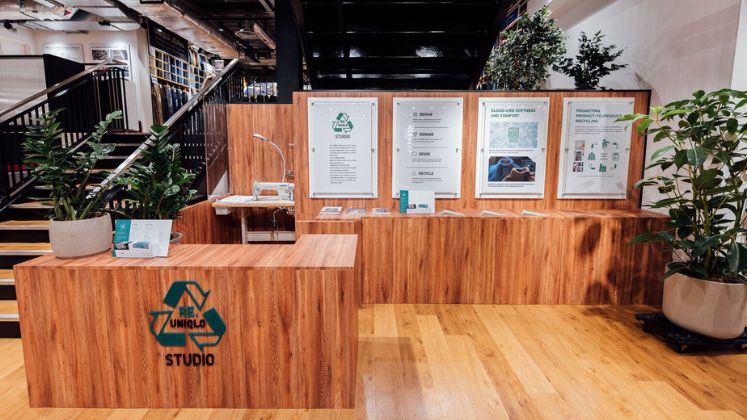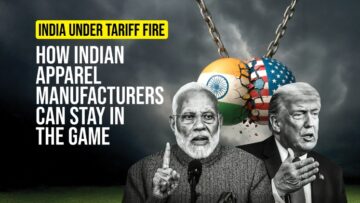
With the opening of its second recycling studio, RE.UNIQLO STUDIO, in Japan, at its largest shop in Kyushu Prefecture, the Japanese fast fashion retailer Uniqlo is drawing notice.
Currently, RE.UNIQLO STUDIOs are run by Uniqlo in ten different nations, and they are well-known for enabling clients to recycle their old clothing in return for a nominal price.
SPA, or special store reseller of private label clothes, firms are adopting eco-friendly practises in response to criticism that they produce waste clothing in large quantities and contribute to environmental degradation.
Although SPA companies have the advantage of selling garments for less because they have eliminated the costs of intermediate distribution through vertical integration, they have come under fire for increasing the amount of clothing waste by releasing low-quality, short-lasting clothing in an effort to enhance revenue.
According to an alleged source in the fashion industry, SPA companies tend to raise their sales as the economy gets worse, which causes more clothing to be thrown away.
The Environment Committee of the European Parliament is urging the European Commission and EU nations to take action against fast fashion in order to stop the overproduction and consumption of garments.
Fast fashion is gradually being abandoned by SPA businesses. Uniqlo is one of the most well-known brands to have done so.
The company has recently concentrated on appealing to ecologically concerned consumers in the European and American markets. By 2030, the company wants to have 50 per cent of its raw materials that are eco-friendly and to use 100 per cent renewable energy in all of its stores and key offices.
Tadashi Yanai, the founder and president of Fast Retailing Co., the organisation that owns Uniqlo, described the brand as “lifewear” and changed the company’s business model from producing basic clothing with straightforward patterns to focusing on raising the quality of its garments in order to increase profitability.






